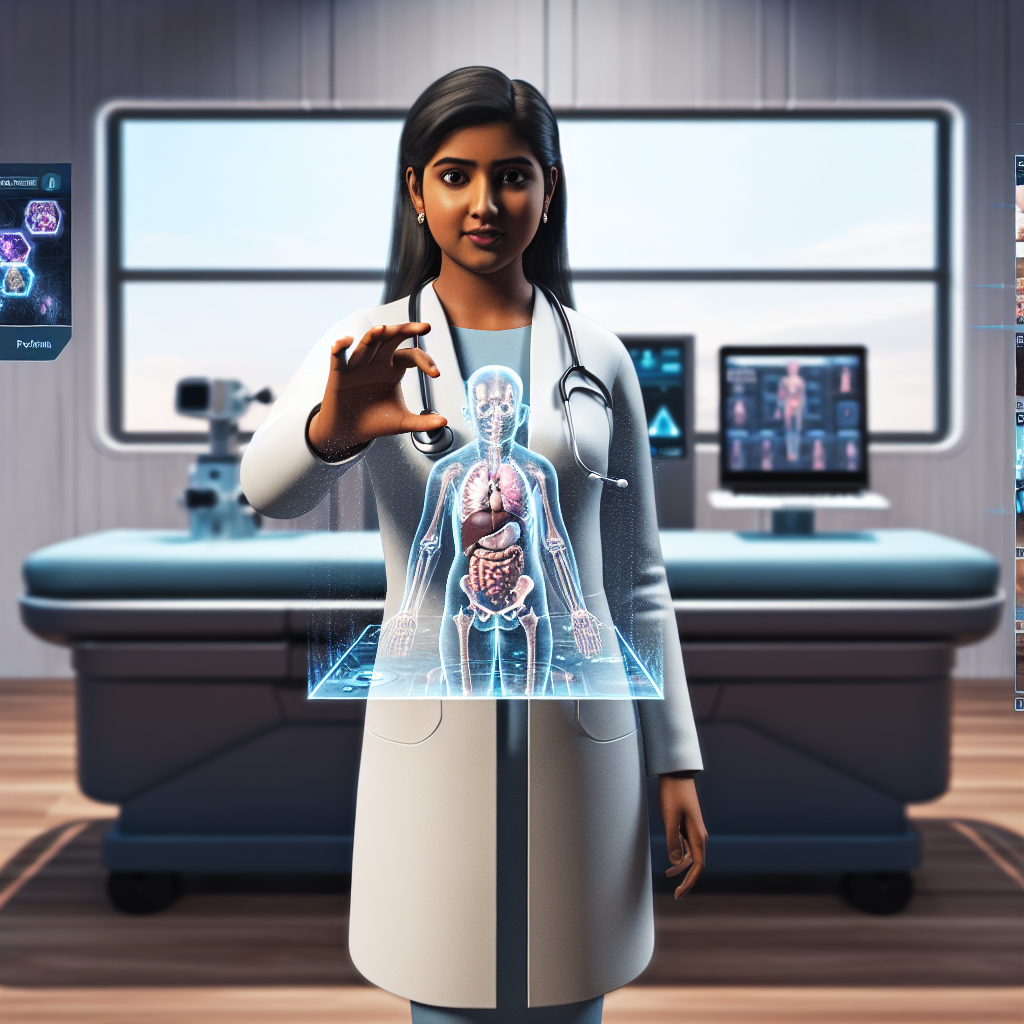Heartburn, often called acid reflux, is a solid and uncomfortable feeling that typically lasts for a short duration, ranging from a few minutes to many hours. It is mainly felt in the chest area. Gastroesophageal reflux is the backflow of stomach contents into the esophagus, which is the passage that carries food and drinks from the mouth to the stomach.
The esophagus is linked to the stomach through a ring-shaped muscle called the lower esophageal sphincter (LES).
If the lower esophageal sphincter (LES) relaxes or fails often, it allows stomach contents to flow back into the esophagus, a process known as regurgitation. Extended exposure to gastric acids can progressively degrade the lining of the esophagus, which may lead to precancerous changes or the formation of esophageal cancer.
People experiencing occasional or mild heartburn can usually control it by using over-the-counter antacids or stronger prescription medications such as H2 blockers and proton pump inhibitors (PPIs). Proton pump inhibitors (PPIs), such as omeprazole (Prilosec) or pantoprazole (Protonix), reduce the production of gastric acid in the stomach.
Weaker drugs like antacids reduce the amount of acid that goes into the esophagus but do not treat the root cause of acid reflux.
During your medical consultation, your doctor will ask about the characteristics and regularity of your symptoms.
If you get heartburn regularly or severely, you should make an appointment with your doctor to evaluate the situation and consider alternate treatment options. During your medical consultation, your doctor will ask about the characteristics and regularity of your symptoms. In addition, they will conduct examinations to assess the condition of your esophagus and quantify the levels of acid present.
Your doctor may suggest changing your lifestyle and food patterns to prevent or relieve heartburn symptoms. These measures include eating smaller meals, avoiding foods that cause heartburn, and not lying down with a full stomach (wait 3 to 5 hours after eating before reclining).
Refrain from reclining or bending over abruptly immediately after eating to prevent excessive stomach acid production. Refraining from consuming carbonated or alcoholic beverages can also help with weight loss.
Heartburn can be worsened by various commonly accessible over-the-counter and prescribed drugs, including ibuprofen (Advil, Motrin) and acetaminophen (Tylenol). To mitigate irritation, it is recommended to either abstain from them or ingest them in conjunction with meals.
Other medications that can potentially irritate the esophagus include narcotic analgesics like oxycodone and hydrocodone, as well as antidepressants such as citalopram (Celexa) and fluoxetine (Prozac).
If dietary and lifestyle changes fail to relieve heartburn satisfactorily, a physician may recommend a medication intervention to alleviate acid reflux. UCI Health’s experts in esophageal medicine offer non-surgical or minimally invasive methods to alleviate acid reflux and avoid long-term damage to the esophagus.

Dominic E. is a passionate filmmaker navigating the exciting intersection of art and science. By day, he delves into the complexities of the human body as a full-time medical writer, meticulously translating intricate medical concepts into accessible and engaging narratives. By night, he explores the boundless realm of cinematic storytelling, crafting narratives that evoke emotion and challenge perspectives. Film Student and Full-time Medical Writer for ContentVendor.com




